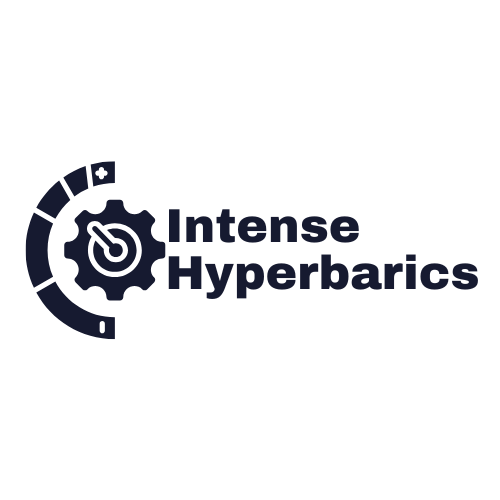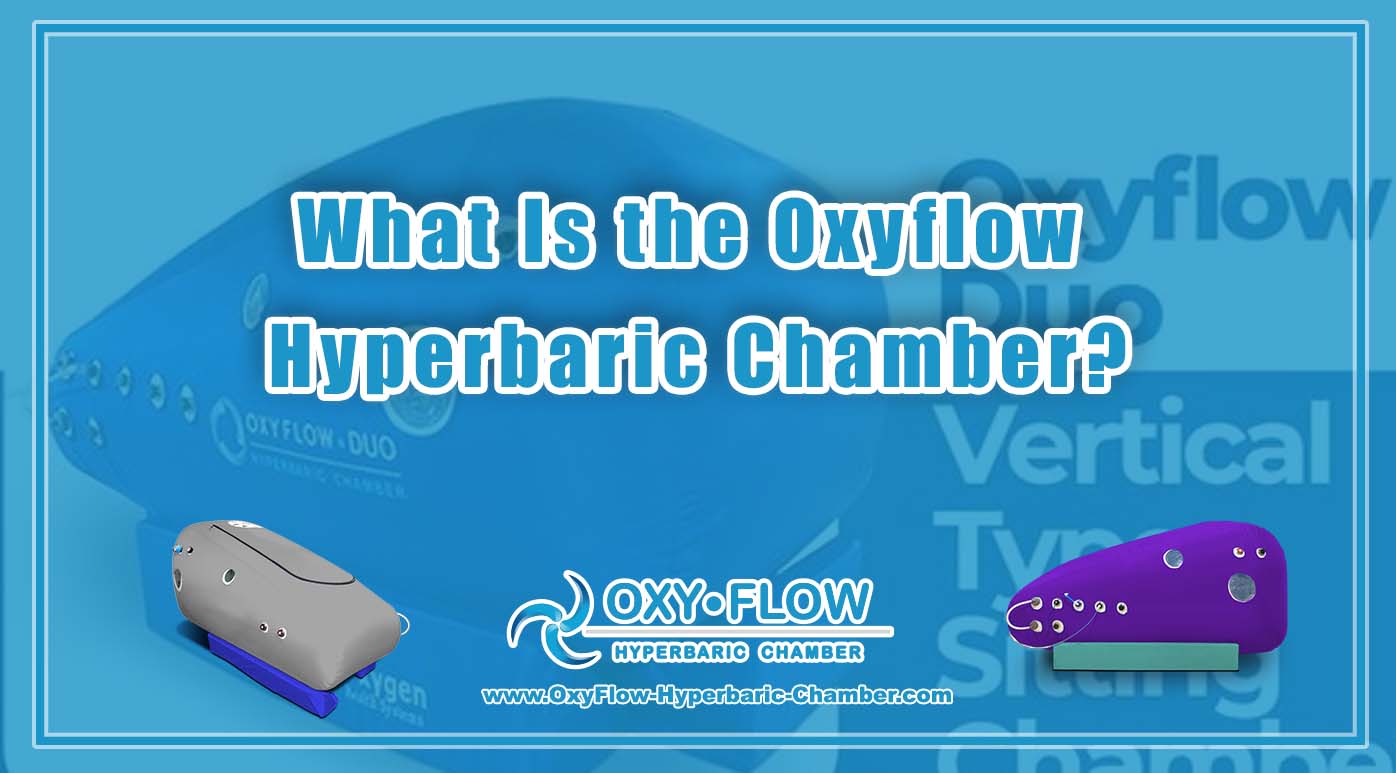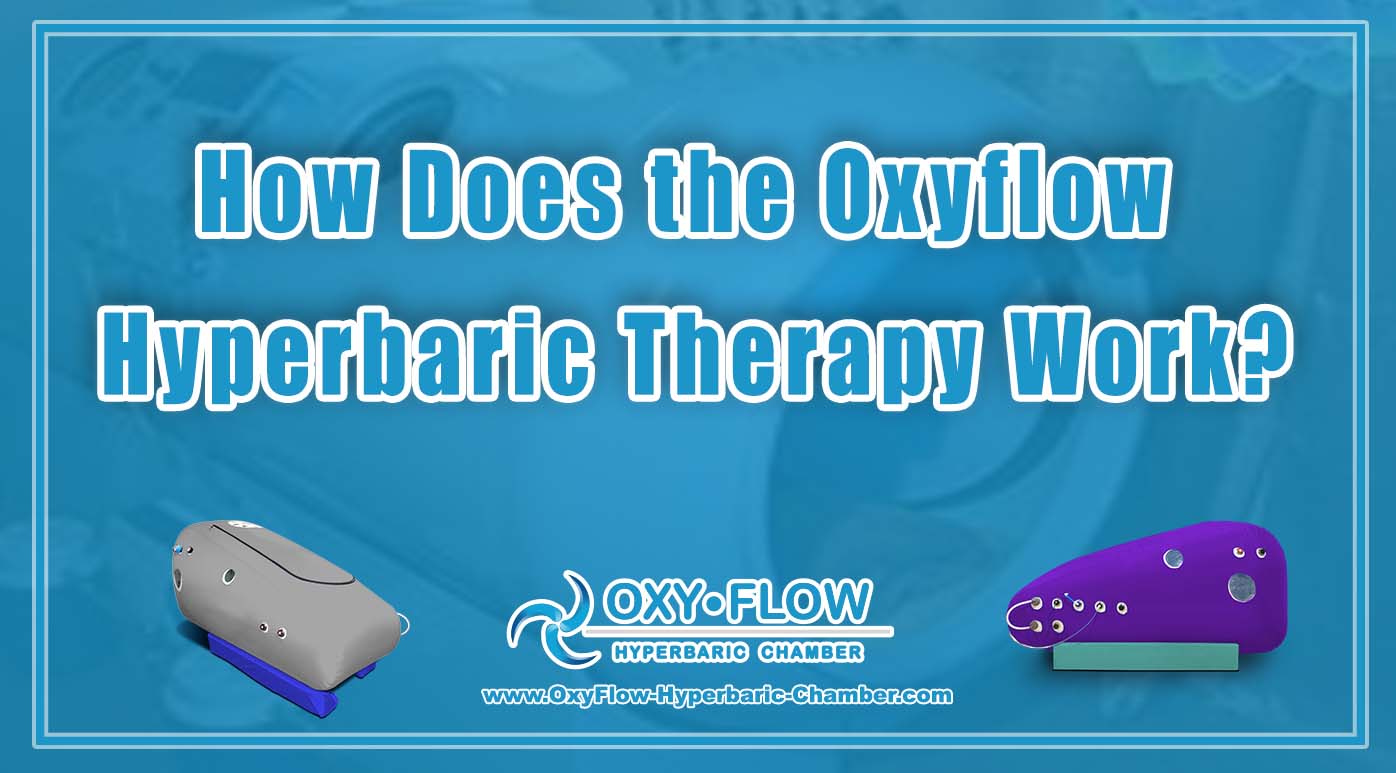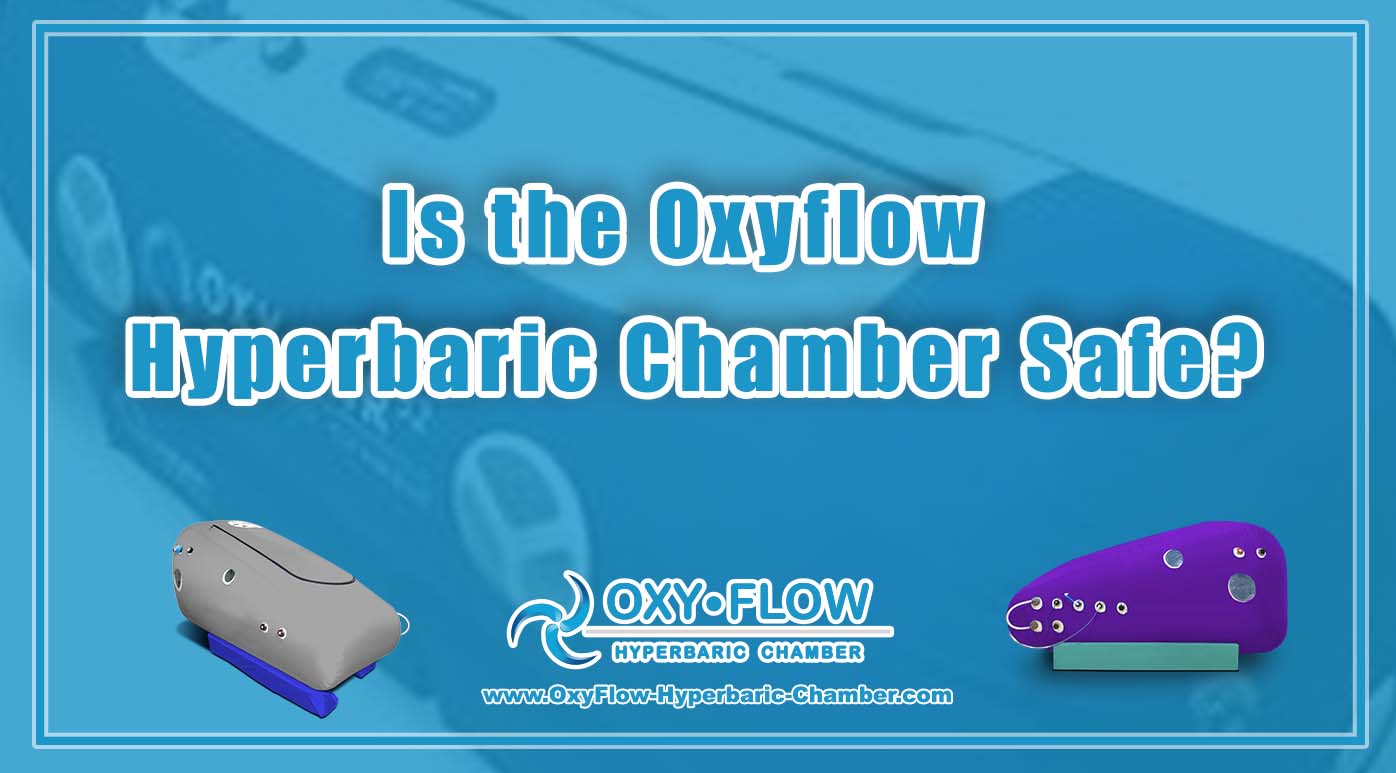
Menu
Hyperbaric Oxygen | A Depression Therapy Option.
Hyperbaric Oxygen | A Depression Therapy Option.
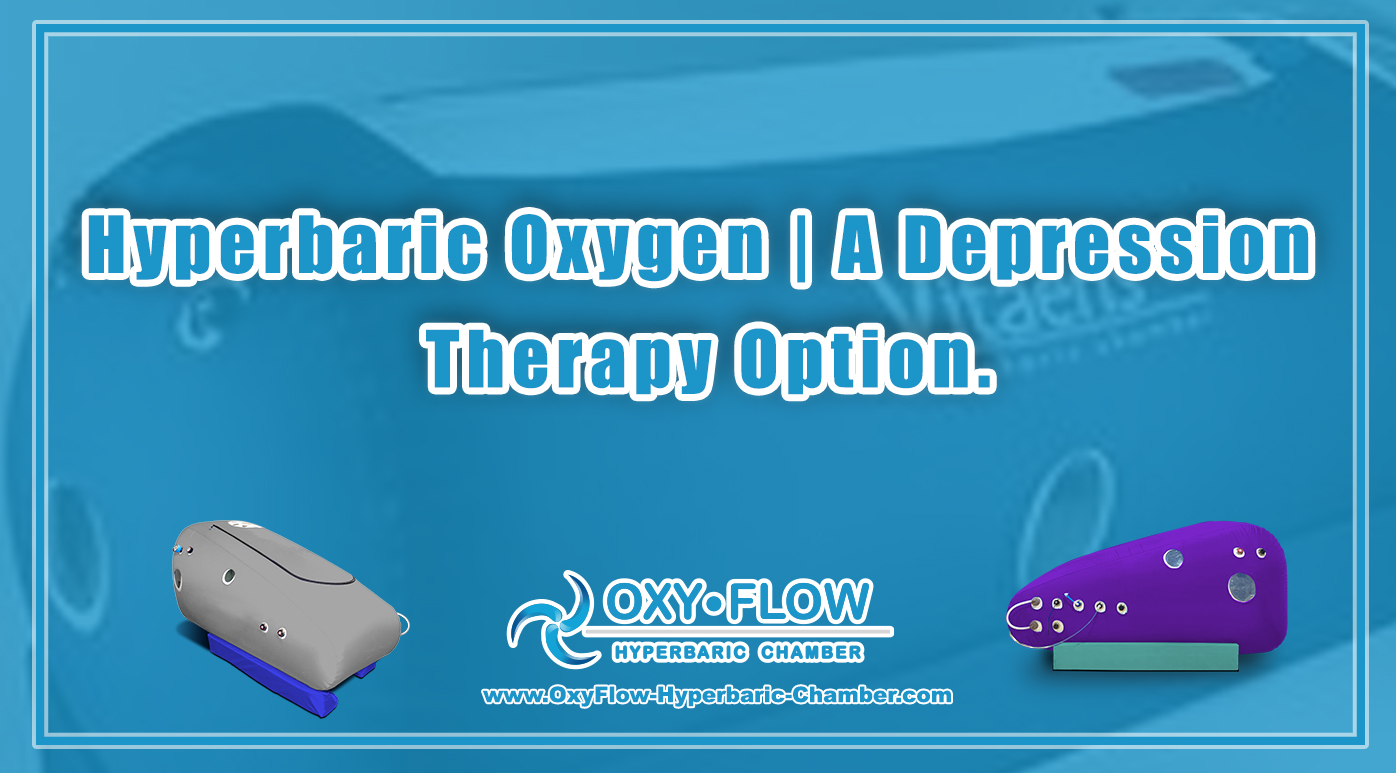
A Depression Therapy Option In recent years, the potential benefits of hyperbaric oxygen therapy (HBOT) for the treatment of depression have gained significant attention. HBOT involves breathing pure oxygen in a pressurized room or chamber, allowing the lungs to take in a higher concentration of oxygen than is possible at normal atmospheric pressure. While this therapy is well-known for its effectiveness in treating conditions such as decompression sickness and wounds that won’t heal, research has suggested that it may also have positive effects on mental health, particularly in relation to depression.
A Depression Therapy Option Understanding Depression.
Depression is a common mental health disorder that affects millions of people worldwide. Characterized by persistent feelings of sadness, hopelessness, and a lack of interest in previously enjoyed activities, depression can have a significant impact on an individual’s quality of life. While traditional treatments such as therapy and medication are effective for many individuals, some people may not experience relief from their symptoms despite trying multiple approaches.
The Role of Oxygen in Brain Function.
The brain is a highly metabolically active organ that requires a constant supply of oxygen to function properly. Oxygen is vital for the process of cellular respiration, which produces the energy needed for brain cells to communicate with each other effectively. When oxygen levels in the brain are low, due to factors such as poor circulation or other medical conditions, cognitive function can be impaired, leading to symptoms such as fatigue, brain fog, and in some cases, mood disturbances like depression.
A Depression Therapy Option How Hyperbaric Oxygen Therapy Works.
HBOT works by exposing the body to 100% oxygen at pressures greater than normal atmospheric pressure. By delivering a surge of oxygen to oxygen-deprived tissues, HBOT aims to stimulate cellular repair mechanisms, reduce inflammation, and promote overall healing.
Research Supporting the Use of HBOT for Depression.
One study published in the Journal of Affective Disorders found that participants who received HBOT experienced a significant reduction in their depressive symptoms compared to those who received a placebo treatment.
Another study published in Neuropsychobiology demonstrated that HBOT led to improvements in cognitive functioning and quality of life in individuals with treatment-resistant depression. These findings suggest that HBOT may have neuroprotective and neuroregenerative effects that could benefit individuals struggling with mood disorders.
A Depression Therapy Option Potential Mechanisms of Action.
Researchers believe that the therapeutic effects of HBOT on depression may be attributed to several key mechanisms:
- Increased Oxygen Delivery: By delivering higher concentrations of oxygen to oxygen-deprived tissues, HBOT may help improve brain function and alleviate depressive symptoms.
- Anti-Inflammatory Effects: HBOT has been shown to reduce inflammation in the body, which is believed to play a role in the development of depression.
- Neurogenesis: Some studies suggest that HBOT may promote the growth of new brain cells, a process known as neurogenesis, which could help repair damaged areas of the brain associated with depression.
Considerations for Using HBOT for Depression.
While the preliminary research on HBOT for depression is promising, it is important to approach this therapy with caution and under the guidance of a qualified healthcare provider. Due to the pressurized nature of HBOT chambers, the treatment may not be suitable for individuals with certain medical conditions, such as a history of ear or sinus issues, lung conditions, or claustrophobia.
Additionally, the cost of HBOT sessions can be prohibitive for some individuals, as insurance coverage for this type of therapy can vary. Before considering HBOT as a treatment option for depression, individuals should thoroughly discuss the potential risks, benefits, and alternatives with their healthcare provider.
Conclusion.
Hyperbaric oxygen therapy is emerging as a potential new frontier in the treatment of depression.By harnessing the power of oxygen to promote healing and cellular rejuvenation, HBOT has the potential to revolutionize the way we approach mental health care, offering new avenues for treatment and recovery.
As with any emerging therapy, it is essential for individuals to work closely with their healthcare providers to determine the most appropriate treatment plan for their unique needs. By staying informed and open to innovative approaches, individuals struggling with depression can empower themselves to explore new possibilities for healing and wellness.
Recent Posts
Product categories
Ready for Hyperbaric Oxygen Chamber?
stay up to date with the latest news
